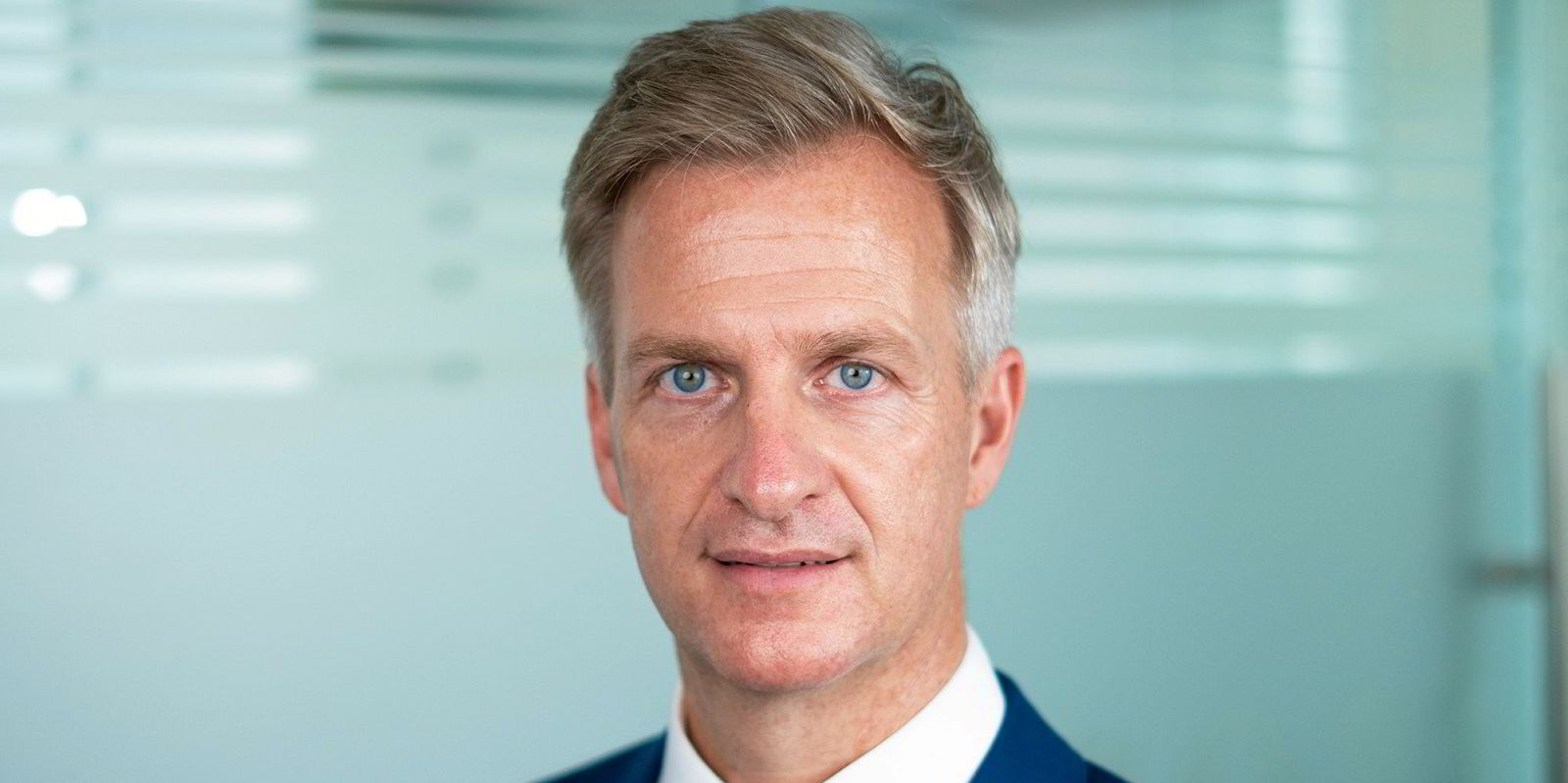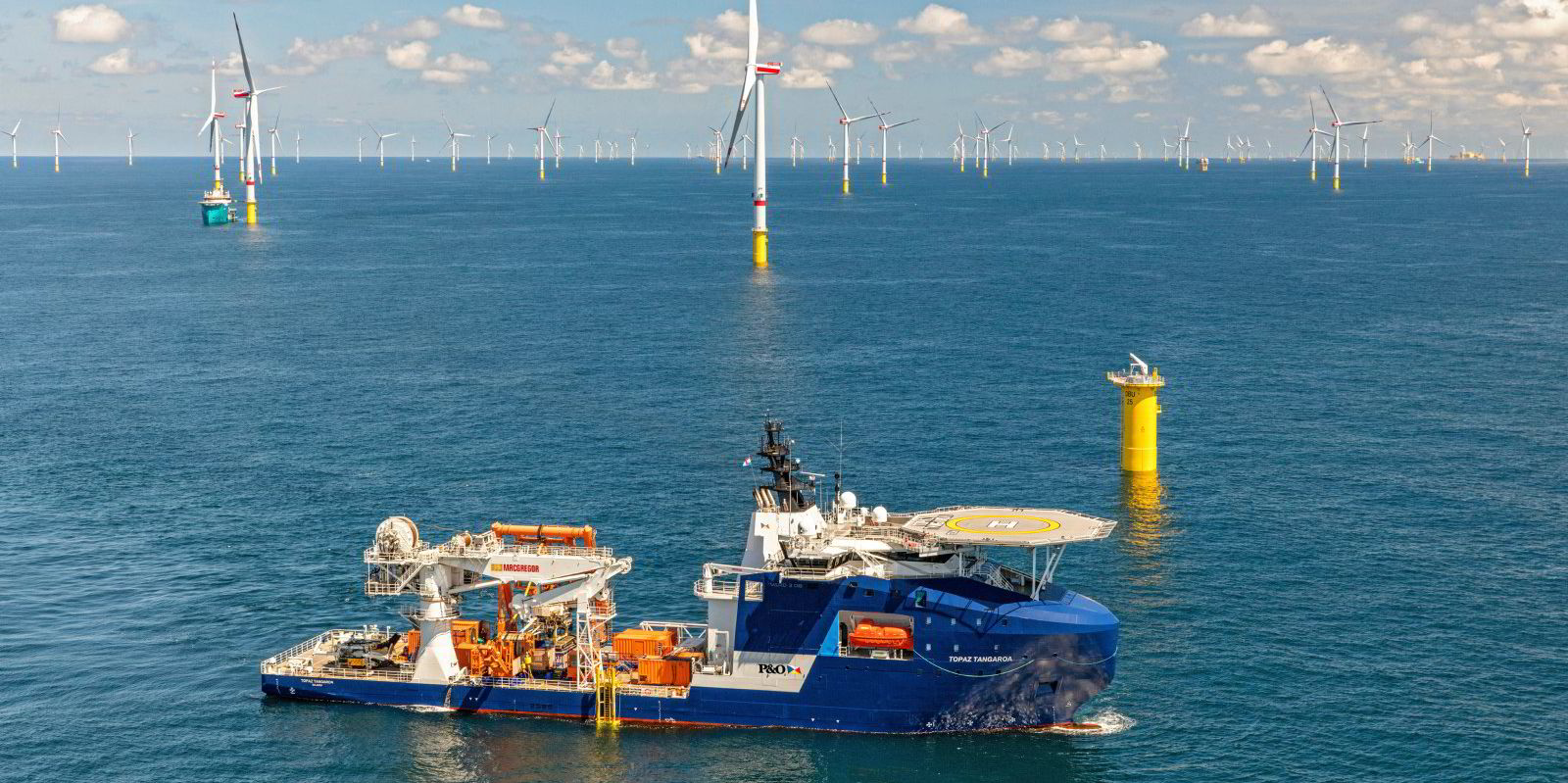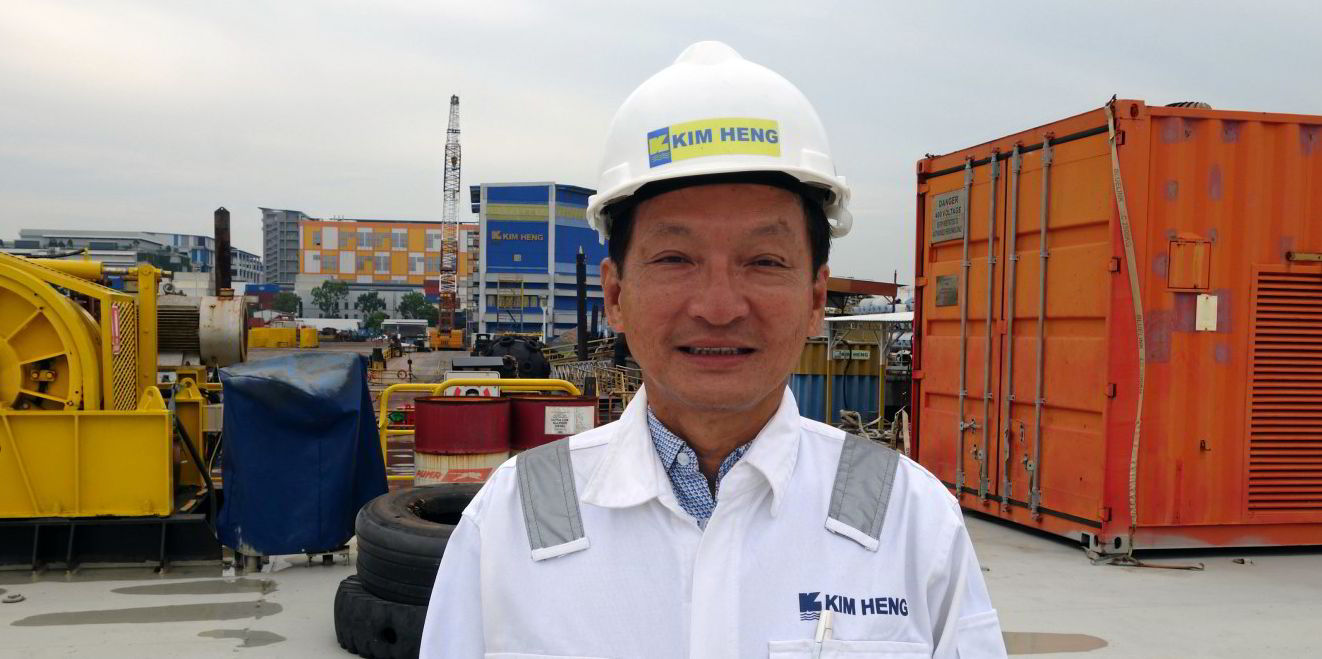Contracts on offer to shipowners in the offshore wind industry are generally not long enough to justify the major capital outlay for dedicated vessels, according to the CEO of shipowner P&O Maritime Logistics (POML).
The failure to do so has led to traditional shipping financiers avoiding investing in newbuildings to build and service the industry, Martin Helweg told TradeWinds.
In 2020, his Dubai-based company secured contracts worth $30m for a cable-layer and two subsea construction vessels to help develop projects off Taiwan.
But he said there had been a long-term lack of investment in ships, port facilities and the increasing number of offshore wind-farm projects globally.
Shorter contracts are particularly perilous for shipowners working in a rapidly changing, if booming, sector. The speedy increases in size of turbines means that installation vessels may rapidly become obsolete if they are unable to cater for the changing needs of the industry, analysts said.
“We’ve seen investments, good investments ... but I also think we’ve seen underinvestment. We’re not there yet,” Helweg said. “I don’t think to this day they’ve given enough long contracts to justify a payback.”
Finance had come from green funds focused on investment in renewables rather than traditional shipping banks.
“The reason for that is a little bit on the rates but they haven’t given the long contracts yet,” Helweg said. “A five-year contract you don’t get payback within your contract.
“Most people in the world will recognise that in five years the requirement for the vessels will probably be different, particularly when it comes to what fuel they run and the technologies on board.”

He cited an example of a contract tender from Equinor that required a $200m investment in a new installation vessel.
Helweg said the eventual award was at a price that did not provide a profitable return on the investment within the five-year contract.
“So they’re banking on a longer term that I think is not there,” he said.
Helweg said he envisaged the industry developing full contract packages for offshore wind farms that cover a range of services, from anchor-handling to crew resupply and maintenance, using a range of vessels.
He cited the work of Dutch firm Boskalis, which has contracted PMOL’s 3,300-dwt subsea construction vessel Boka Tiamat (built 2019) for 3.5 years as part of a wind-farm installation programme in Taiwan.
Helweg also identified underinvestment in port services and logistics to service the industry. He said POML would likely tie up with parent DP World to supply portside services for the construction and production needs of offshore wind farms.
But he said he was concerned that governments would respond to the looming economic crisis by insisting that only domestic industries would install energy projects.
Helweg said governments needed to “ease up” on restrictive clauses to “speed up the number of projects that can actually happen”, if they wanted to hit their targets for renewable energy supply.






